I lead a community-driven and community-focused sustainable pediatric malnutrition program in a rural village in Pakistan. I work with two relatively small NGOs and the area where I work has no international or local partnerships with academic centers or hospitals. There is a large gap in the provision of adequate capacity building, sharing knowledge and data, health care staff training, and guidance from well established programs. The local hospitals and clinics are under resourced, and the healthcare staff are inadequately trained. Thus, the local villagers whom I serve lack trust in the system, leading to significant under utilization and poor health care outcomes.
Keeping all of this in mind, I plan to travel to Nepal and work at the Dhulikhel hospital in September 2024. Given that the hospital has an established partnership with an academic hospital, there is ongoing learning, feedback, data collection and analysis, and overall growth. I plan on experiencing and learning from the ways in which the programs at Dhulikhel hospital interact and partner with the communities they serve, diagnose and treat pediatric illnesses using less resources, train physicians, nurses, and community health workers, utilize data and quality improvement to build programming, and incorporate the knowledge of local social and environmental determinants of health into their programming. This experience and exposure are crucial to being able to go back to the area I work in in Pakistan and lead the initiative to give the people I serve the quality of care that they deserve.
While in Nepal I will be giving lectures on pediatric malnutrition to local trainees so that they can also use this knowledge to treat the communities in which they work. I will begin my contribution to training and building local capacity in Nepal.
For the last approximately 2 years I have been traveling to Pakistan every 3 months for our program and have had to pay airfare out of my own pocket.
The local population in Pakistan where I work does not have access to adequate quality of care in the community, at their local clinic, or the closest hospital. There is lack of capacity building, well-researched guidance, staff training, and quality improvement initiatives. My exposure and experience in Nepal, where there is an established partnership with an academic center that is working to build and guide programming will allow me to learn how I can best lead that initiative in rural Sindh, Pakistan. This will benefit the population in Pakistan, and as we build partnerships between programs in which information, lessons, and data can be shared, we can also better serve and benefit the Nepali people.
I chose Nepal because of the regional and cultural similarities between it and Pakistan. South Asia has the largest number of malnourished children under five in the world, and thus it is crucial to build relationships and bridges between countries in the region so that we can learn from each other, share data, and ultimately best serve the unique populations there. I understand the many differences that exist between Nepal and Pakistan and will use my understanding and knowledge of those differences to guide program building.
I will be teaching trainees at the Dhulikhel hospital in Nepal about pediatric malnutrition. They will be able to use this knowledge to serve the communities in which they work.
Specifically, I plan to use what I learn from my experiences in Nepal to do the following with my program in Pakistan: improve training of community health workers in how they interact with and empower the communities in which they work, expand the types of pediatric illnesses we diagnose and treat in the community, conduct quality improvement programs in the local public hospital, train physicians and nurses at the local clinic in pediatric diagnostics and treatment, conduct a needs assessment in the local clinic that serves that area, and combine the voices of the communities with the data to drive programming.
I am excited to start my journey in Nepal. It is extremely important to build partnerships and relationships between programs in the region, and I plan on contributing what I learn not only to the population in Pakistan, but then bring information and lessons from Pakistan to help improve programming in Nepal.


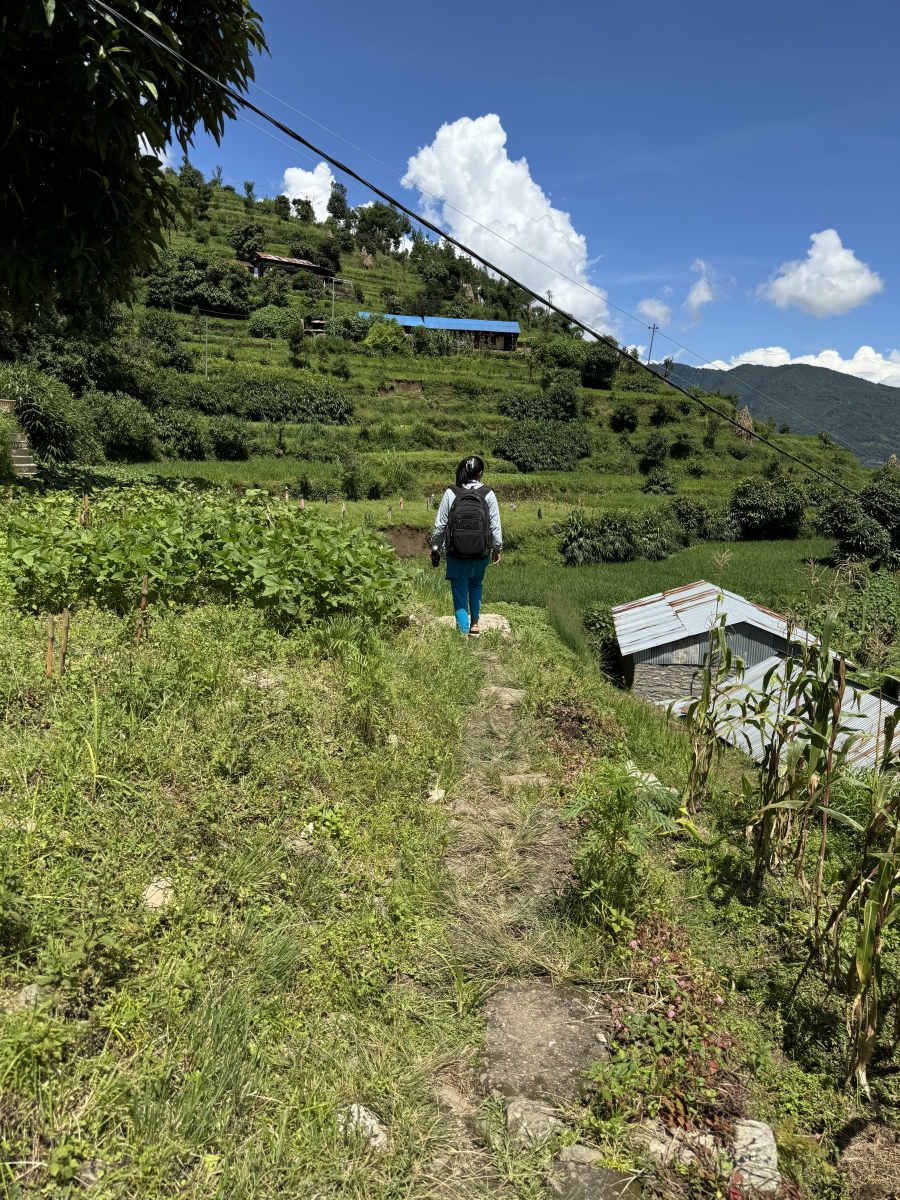

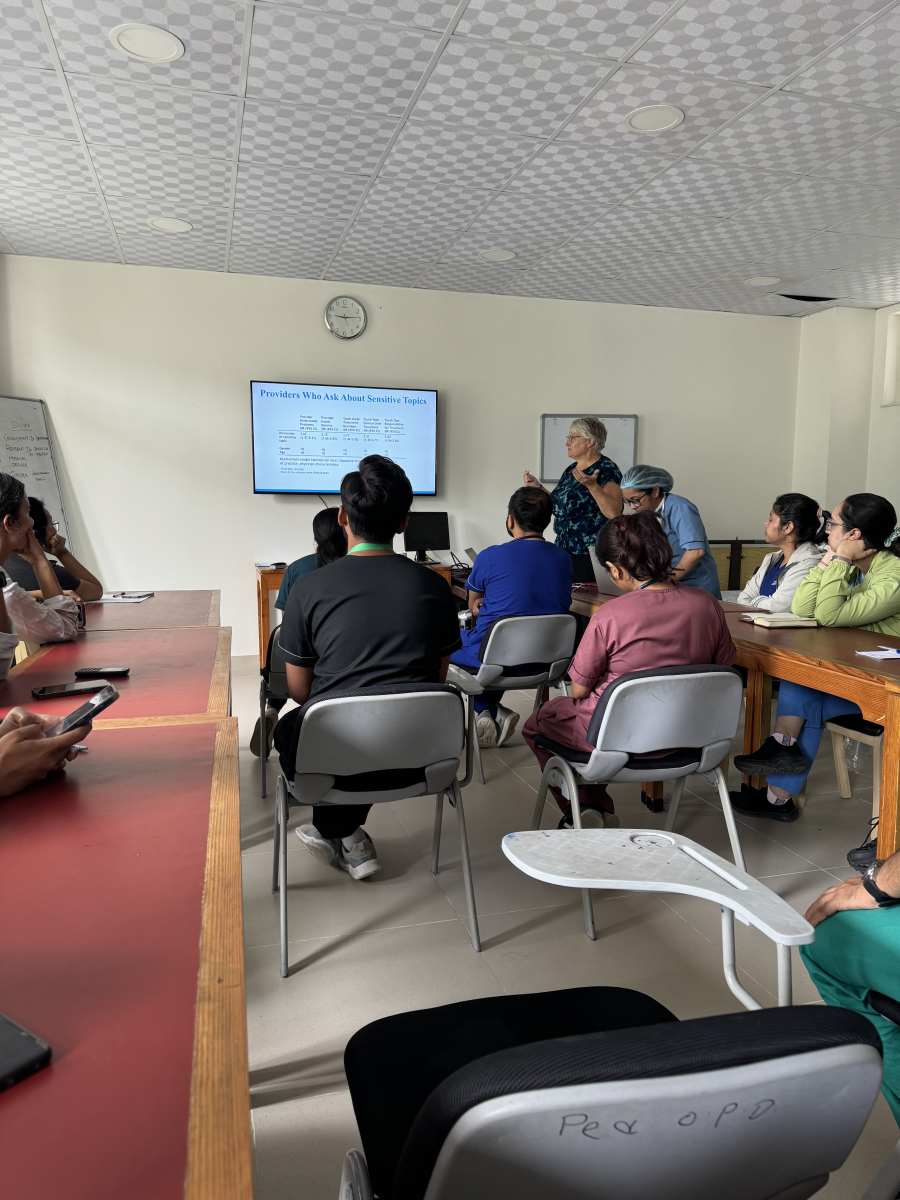
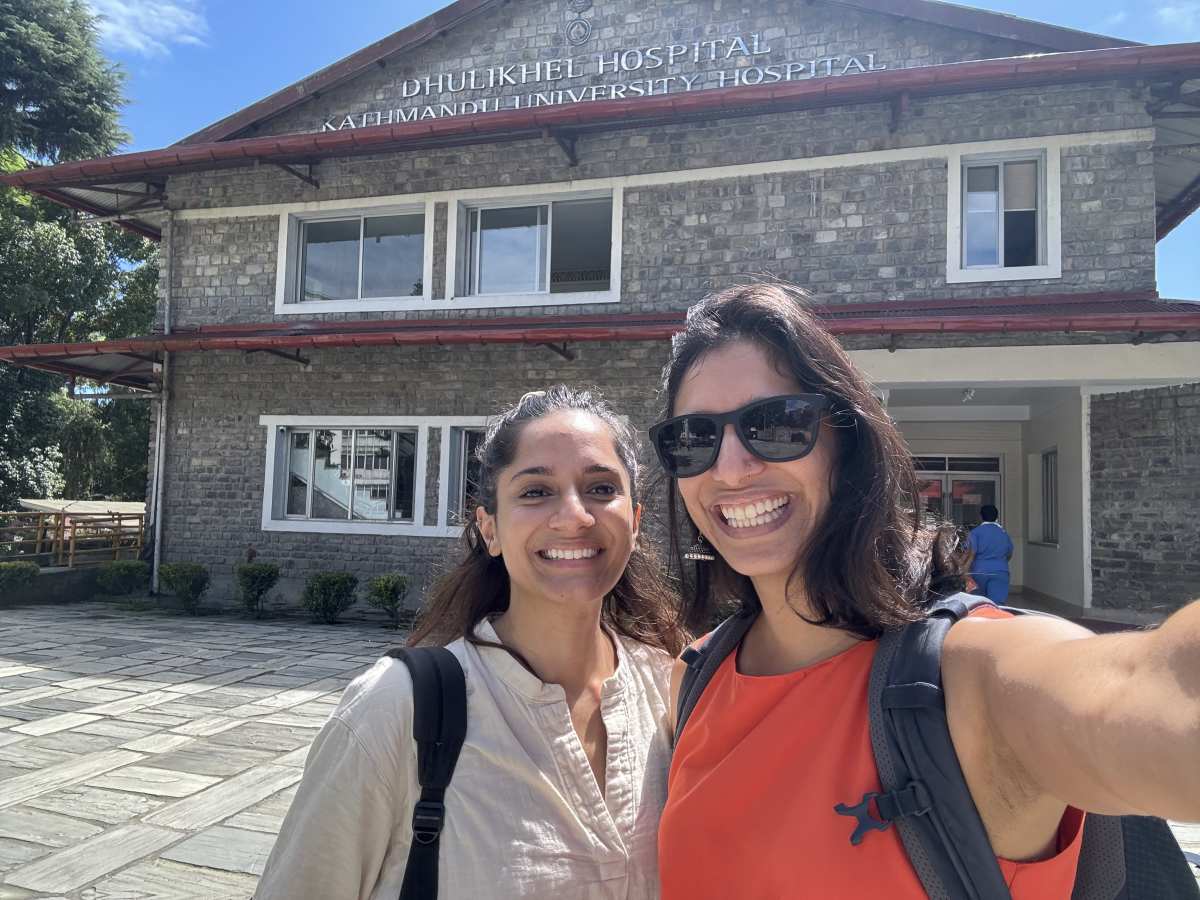
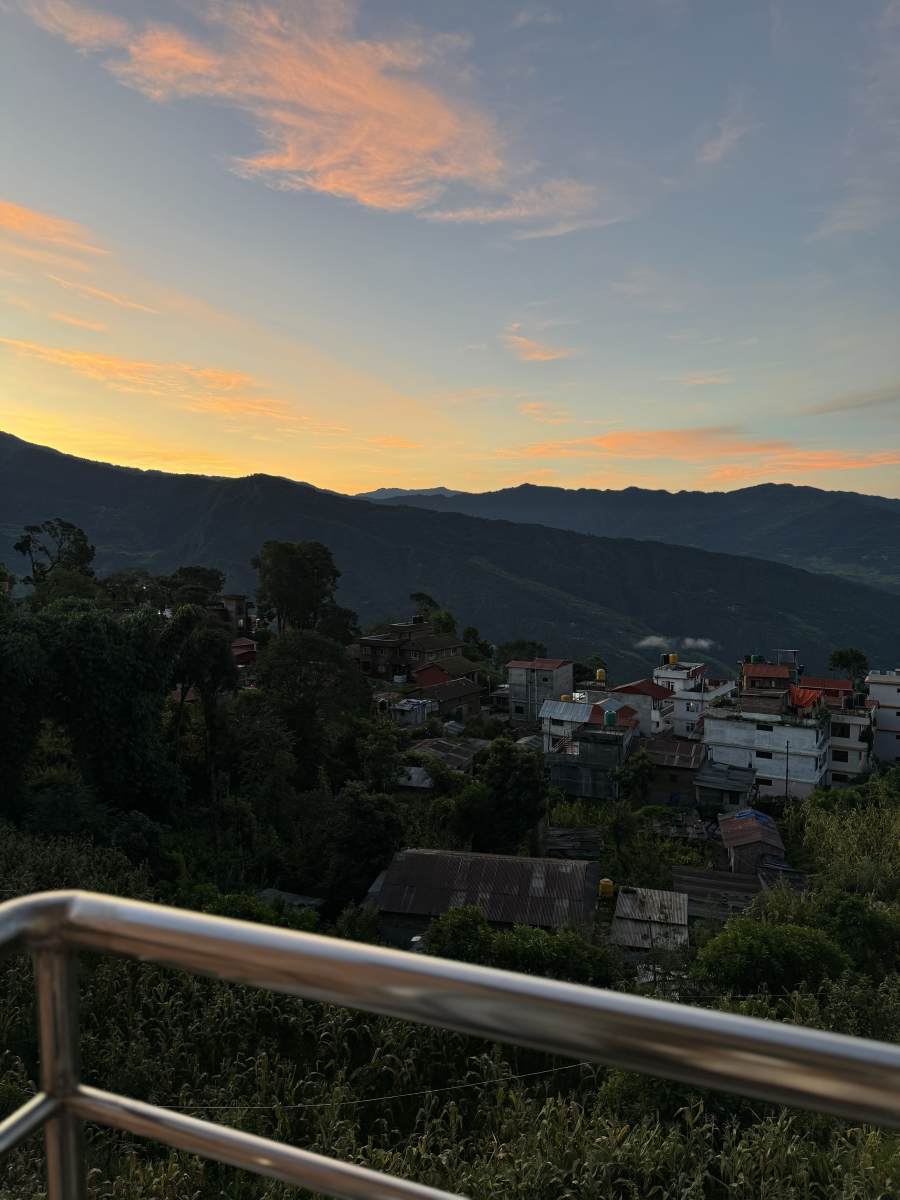

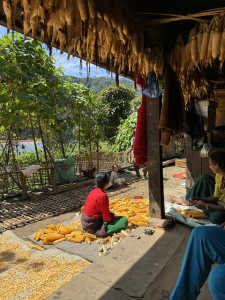

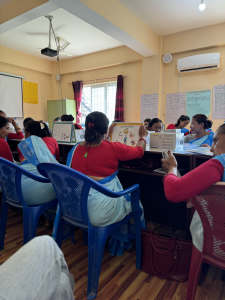



The purpose of my trip was primarily to connect with programs that trained and used female Community Health Workers to reach and improve the health of people who lived in the most remote areas of Nepal. I was able to do so in 2 different locations, one of which was near Dhulikhel Hospital and the other which was in a much more remote area in Dolakha. The two programs used different methods and targeted different groups of people. The program that was in an area near Dhulikhel Hospital partnered with researchers at Dhulikhel Hospital and trained Community Health Volunteers who lived in the communities in which they volunteered. The CHVs were trained on how to screen and council people with hypertension and how to refer them to nearby health centers. The program that was in a more remote area near Dolakha hired and trained Community Health Worker who traveled to the most remote areas in the hills and mountains of the area where it was difficult for most inhabitants to travel for healthcare. These CHWs did a lot of work - screened for childhood malnutrition, screened for vaccinations status, counseled on different child, maternal, and adult health conditions, etc. They also traveled through very hilly terrain to reach the inhabitants of these areas. My role was to watch the training and work of these CHVs and CHWs so that I could learn from the different methodologies used and apply them to my CHW program in rural Pakistan.
I also spent a lot of time at Dhulikhel Hospital where there is a partnership with AMPATH/Mount Sinai and learned how this partnership can be conducted in a manner that encourages capacity building of local physicians, nurses, and health care staff. I spent much of that time with pediatric residents and attendings, and also with researchers. Lastly I attended training on informed consent and the IRB process hosted by AMPATH trainers from the US, and saw how research training can be done in global health settings.